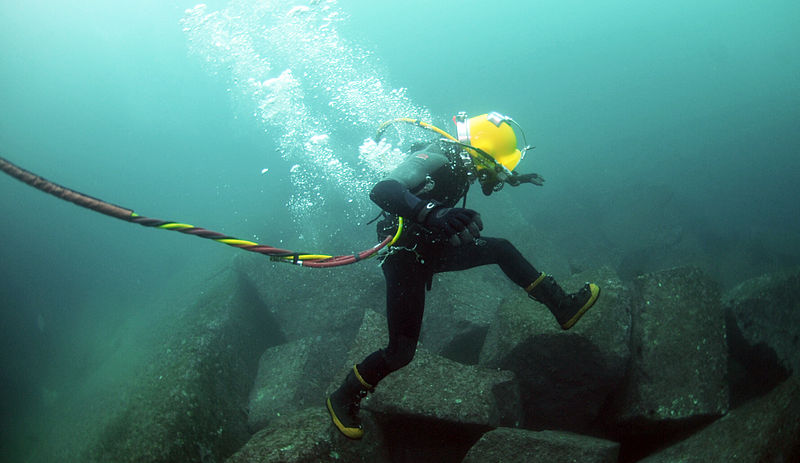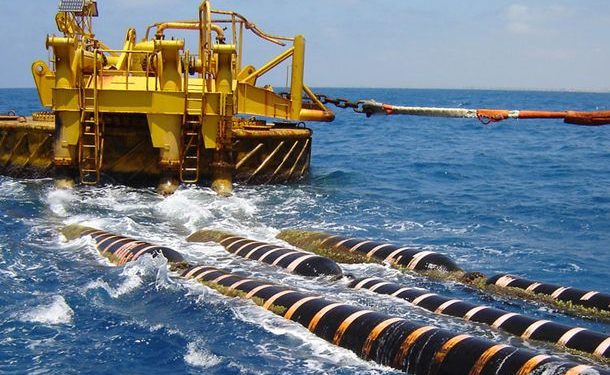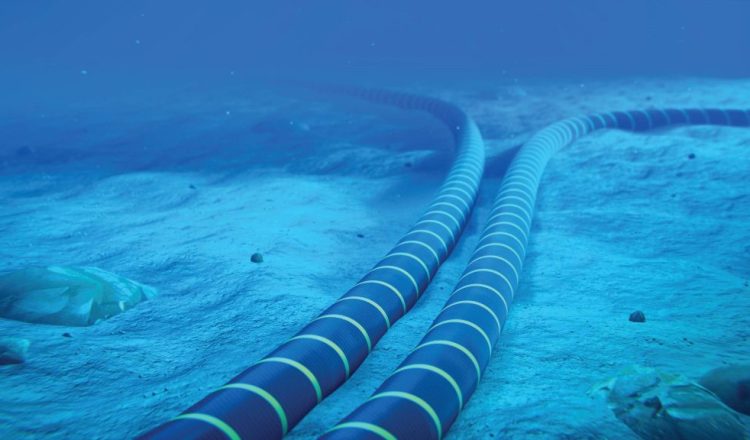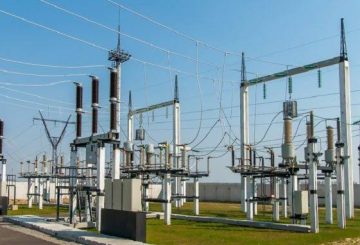Access to the internet has been challenging in parts of Africa for over three days due to cuts in subsea communications cables, affecting services in Nigeria. MainOne, among others like WACS, ACE, and SAT3, is part of the impacted cables. MainOne stated that repairs to its cables could take up to four weeks and is collaborating with unaffected cable systems for restoration capacity. Their technical team is actively working to restore services, clarifying that the initial repair time was for fixing the cable fault, not for full service restoration.

In Nigeria, the internet is not just a luxury but a necessity, driving communication, commerce, and connectivity. Underpinning this digital ecosystem are submarine cables, the unsung heroes of Nigeria’s internet infrastructure. These cables, lying deep beneath the ocean’s surface, are the lifelines that deliver internet connectivity to millions of Nigerians.
Natcom Development and Investment Limited (ntel): Formerly known as NITEL, this cable boasts a capacity of 800 gigabits.
MainOne Cable: With an impressive capacity of 10 terabits, MainOne is a key player in Nigeria’s internet infrastructure.
Glo-1 (Globacom-1) Cable: Owned by Globacom Limited, this cable offers a capacity of 2.5 terabits, contributing significantly to Nigeria’s internet backbone.
African Coast to Europe Submarine Cable (Dolphin Consortium): This consortium, comprising Dolphin Telecom, Orange, MTN, and others, provides a total capacity of 12.8 terabits.
West African Cable System (WACS): Operated by MTN, WACS boasts a capacity of 14.5 terabits, further bolstering Nigeria’s internet connectivity.
Nigeria-Cameroon Submarine Cable System: Owned by Cameroon Telecommunications (CAMTEL) in partnership with MainOne, this cable offers a capacity of 12.8 terabits.
Equiano Cable: Owned by Google LLC and the West Indian Ocean Cable Company (WIOCC), Equiano boasts an impressive capacity of 100 terabits.

The latest addition to Nigeria’s underwater connectivity is Meta’s 2Africa subsea cable. Spanning 45,000 kilometres, this cable is set to be one of the world’s largest subsea cable initiatives. With a design capacity of up to 180 terabytes per second (Tbps), 2Africa will revolutionize internet connectivity in Nigeria, surpassing the combined capacity of all existing subsea cables serving Africa.
2Africa, owned by MTN, is not just a cable; it’s a game-changer. As the world’s longest underwater cable, spanning three continents and 33 countries, 2Africa is poised to transform the digital landscape of Nigeria and Africa as a whole. Scheduled to go live by the end of 2024, 2Africa will bring faster, more reliable internet access to millions of Nigerians, paving the way for a more connected future.
Read also: Morocco to Assign One Million Hectares for Green Hydrogen Development





